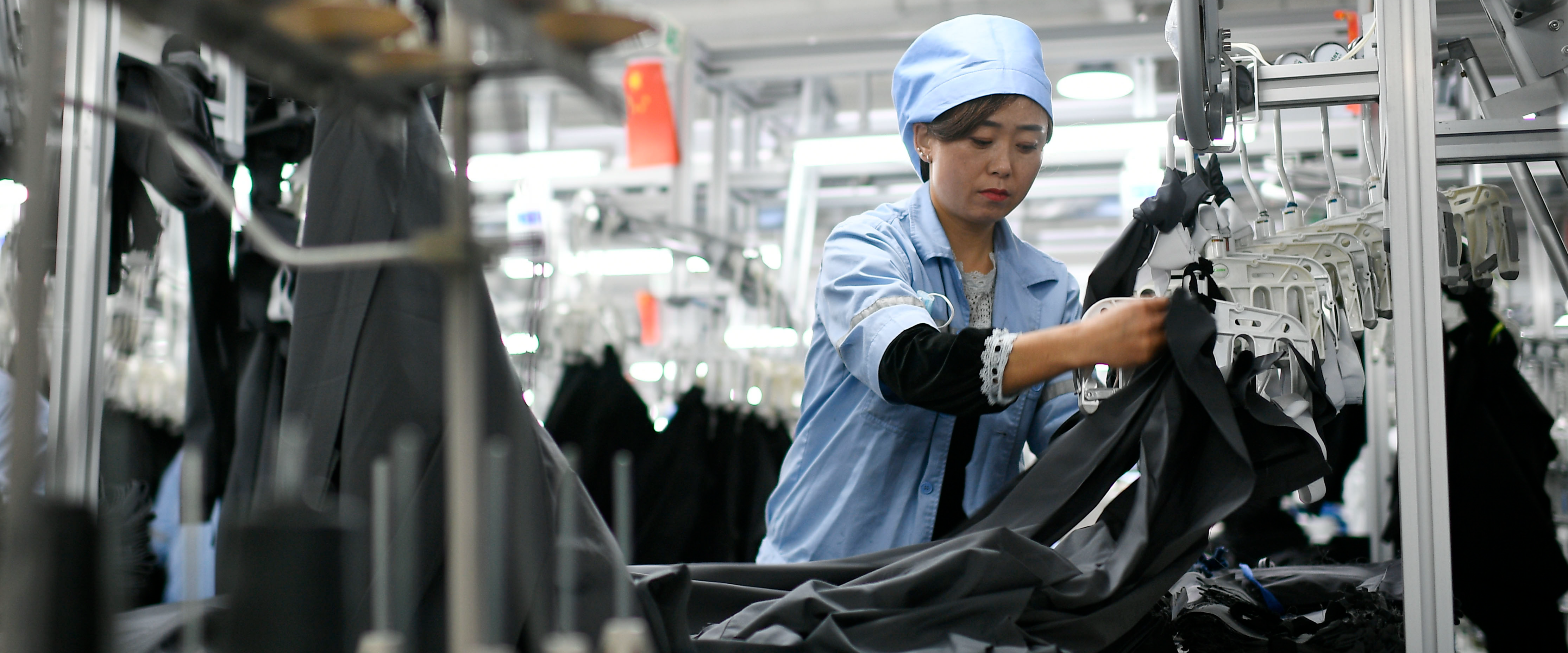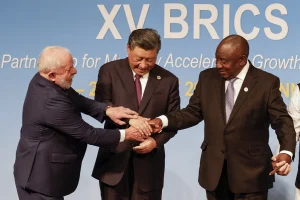Why hasn’t the High Salary Blue-Collar Job Become Desirable?

“Would you be willing to be a tile worker earning 25,000 yuan per month?” According to media reports, a tile mason is recruiting apprentices with a monthly salary of 5,000 yuan including meals and accommodation, while the income of a skilled tile worker can reach around 25,000 yuan per month. This income level has sparked extensive discussions online.
According to industry insiders, in recent years, the income of masons and tile workers has been on the rise. What are the reasons behind this? It is related to the overall increase in labor costs, but the main reason is the supply-demand imbalance. In recent years, the phenomenon of imbalanced supply and demand, with “college graduates everywhere and a shortage of skilled workers,” has become more prominent. The construction and decoration industry’s labor shortage have attracted frequent attention in the news. According to data from the Ministry of Human Resources and Social Security and China Blue-Collar Workers Employment Research Report (2022), although the scale of China’s blue-collar workforce exceeds 400 million people, in recent years, the job demand for skilled workers in China has exceeded 1.5. (Meaning that for every 150 job positions, there are only 100 job seekers.) The job demand ratio for senior skilled workers even exceeds 2, resulting in a gap of millions of people. The insufficient number of practitioners to meet market demand has also become a major background for the increase in tile workers’ income.
Why hasn’t the “25,000 yuan per month” job become a “desirable” one? The shortage of workers despite high salaries reflects some real problems faced by traditional skilled labor occupations. On the one hand, the “cost-effectiveness” of labor input and income return is not high. Compared to most white-collar jobs, blue-collar occupations, represented by construction workers and electricians, often require more physical labor and involve long hours in dirty, noisy environments. They are more prone to risks, injuries, and accumulated health issues. Therefore, even though many blue-collar workers earn more than white-collar workers, there is still a mismatch between supply and demand. On the other hand, occupations with significant demand gaps, such as masons and electricians, have certain technical thresholds. High income corresponds to high levels of technical expertise and industry experience, requiring a lengthy learning and training process. Earning 25,000 yuan per month is not the general norm for all blue-collar occupations. There is also a significant income gap between pure physical labor “general blue” workers and skilled “deep blue” workers or “sharp blue” workers with advanced professional skills. The income earned during the apprenticeship period, which is often a few thousand yuan, is often less than that of professions like food delivery and courier services. This discourages many young people from choosing traditional construction industry jobs. Additionally, there is a certain lag in the market demand reflected by vocational education, leading to insufficient supply of some traditional skilled labor occupations and creating gaps in the workforce.
Furthermore, the narrow career advancement opportunities, insufficient rights protection, and lack of social recognition have become deep-rooted obstacles to the willingness of traditional skilled workers to engage in these professions. Some traditional blue-collar occupations lack sufficient channels for promotion, career transition, and entrepreneurship, making it difficult for them to turn their jobs into careers. Construction workers, masons, electricians, and others often face heavy work intensity, high risks, and unstable income, making it crucial to address their rights protection issues. Additionally, although there is an increasing societal atmosphere of respect and care for migrant workers, there are still individuals who hold biases towards traditional skilled workers, perceiving them as having “low income,” “low thresholds,” and lacking glamour, which objectively affects their sense of professional achievement and value.
In recent years, relevant departments have implemented a series of policy measures, including promoting vocational education, strengthening the evaluation of professional titles for skilled talent, enhancing equal employment services and rights protection, to improve the employment environment for blue-collar workers. The next step is to specifically address the practical issues they face in career development and eliminate their concerns about the future.
To raise the income level of blue-collar workers, it is important to enhance their sense of professional achievement and recognition. On one hand, it is necessary to broaden career advancement, promote the transition of blue-collar workers from labor-intensive to skill-based and intelligent roles, accelerate the development of vocational skill standards, increase opportunities for vocational education and training, and provide more support for the promotion of skilled workers. On the other hand, it is crucial to strengthen publicity and guidance, create a favorable atmosphere in society that respects labor and values skills, promote the spirit of craftsmanship, and utilize the role of labor unions to better meet the needs of blue-collar workers in areas such as life, social interaction, emotions, and self-realization.
Furthermore, vocational education needs to keep pace. Enhancing the talent pool of blue-collar workers requires both “blood production” and “blood supply.” It is essential to improve the vocational education and training system. Then, it cultivates a larger number of highly skilled individuals who possess both technical theory and practical skills, as well as management and innovation abilities. Finally, blue-collar workers can better meet the demands of industrial development and enhance their employability and income-generating capacity. It is also important to foster a correct perspective on education and talent development, allowing vocational education to become increasingly attractive as industrial development progresses and blue-collar incomes rise.
In the era of transitioning from “Made in China” to “Intelligent Manufacturing in China,” the development of blue-collar professions should receive more attention. Only by improving their employment environment in terms of career development, rights protection, social recognition, and other aspects can blue-collar jobs truly become in demand with a monthly income of 25,000 yuan.



